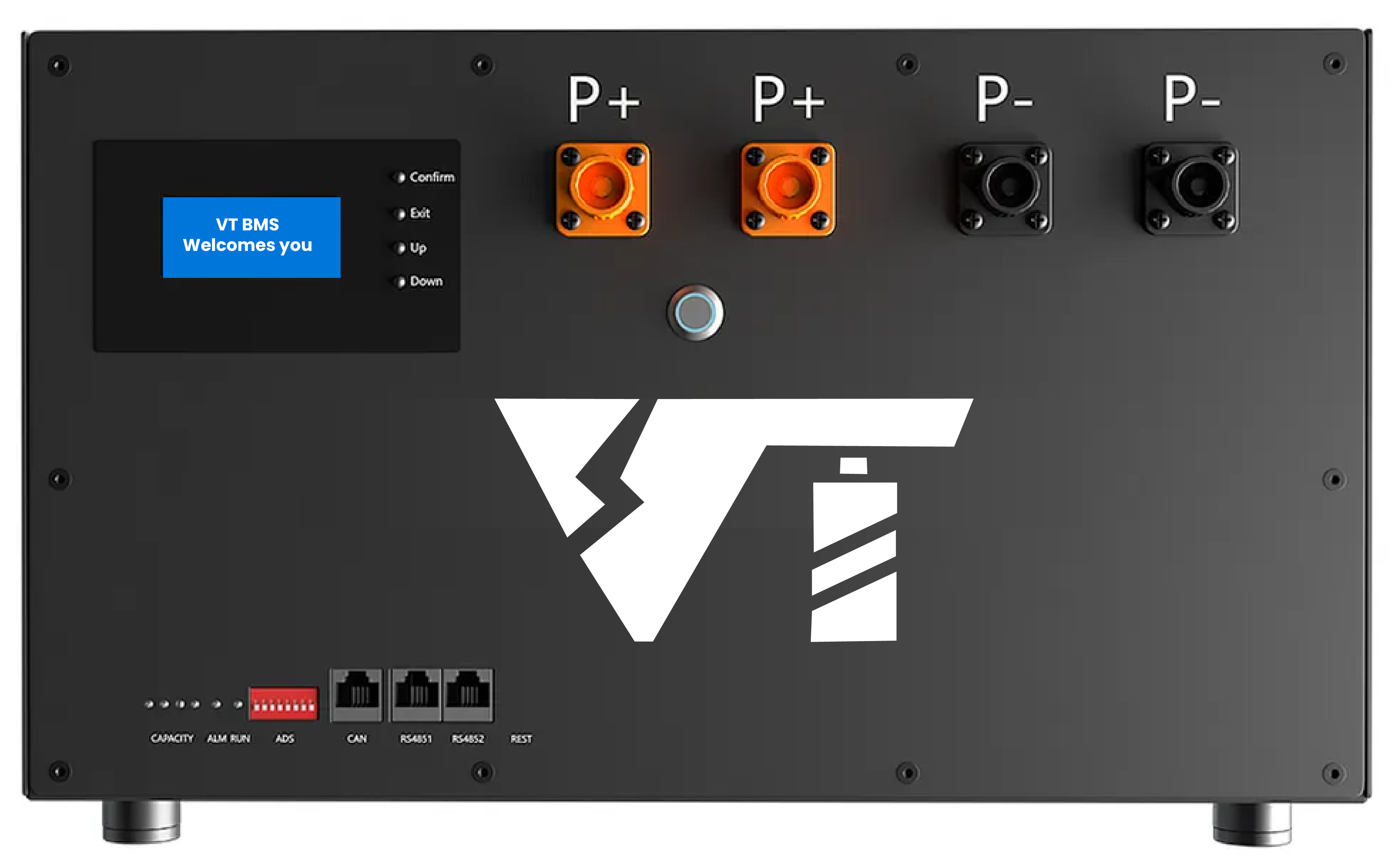
Li-ion batteries have been used in electronics devices for about 20 years. Li-ion batteries are preferred as they have high Energy density than the other counterparts in the market. Li-ion batteries are very much safe and stable but as these are high energy density batteries these should be handled carefully. If the Li-ion batteries are correctly handled then the chances of any adverse event for the Li-ion battery from a reputable manufacturer is very low. Some of the factors which may cause the battery failure include: Over charging or Discharging, Short Circuit, Physical Abuse, Unbalanced cells, Poor electrical connection and high temperature operation.
Some of the Practices that we should adopt:
Using Li-ion batteries:
- Always procure from the Reputable manufacturer/supplier. Make sure that the manufacturer follows the standard testing and Quality processes.
- Make sure to use the battery within the operating limits defined by the manufacturer.
- Read all the documents related to your batteries.
- Avoid the contact with metals, water or other conductive materials as this may cause short circuit.
- Inspect the batteries for any sign of physical damage. Avoid using the battery which are somehow damaged or have swollen or at their end life.
- Do not mix the different Li-ion cells together, before using make sure that the cells to be used in the battery pack have the same capacity and internal resistance.
- Do not open/disassemble the supplied battery pack, in case of any issue contact the supplier/ manufacturer.
- Immediately disconnect the batteries from the load or supply source if the battery get very hot or you see any unusual smell/ gas or change in shape of the battery.
- BMS is very important part of li-ion battery, do not use the battery without the BMS or any other proper protection circuit.
- Make sure that the battery terminals are covered or protected against the short circuit.
- Avoid exposing batteries to excessive shock and vibration.
- If the battery pack has some leaking fluid, do not touch that fluid. Dispose off the battery pack safely.
- Do not expose batteries to temperature above 60 °C.
Charging / Discharging:
- Be sure to use the correct charger / charger provided by the manufacturer.
- Avoid using the batteries while it is plugged in for charging as it adversely affects the battery life cycles.
- Do not charge/discharge the batteries at the C rate higher than the rate recommended by the supplier/manufacturer.
- Keep the flammable materials away from the batteries.
- Do not overcharge or over-discharge the batteries. Use the batteries within the recommended battery voltages.
- Make sure that the temperature of the battery pack does not increases abnormally high.
- Do not leave the battery on charging for long durations.
Working Area:
- While working with the Li-ion batteries make sure to use the insulating pads or surfaces.
- Keep the working area clean. Avoid having some sharp objects, or small metal pieces nearby.
- Make sure that the working area have enough of space and exit in case of any adverse events.
Storage:
- Lithium Ion batteries should never be stored at full charged SOC.
- Li-ion batteries have small self-discharging rate, so the Li-ion batteries should be stored at around 30-40% of SOC.
- Different chemistries in Li-ion batteries have different calendar life at different SOC and storage temperature.
